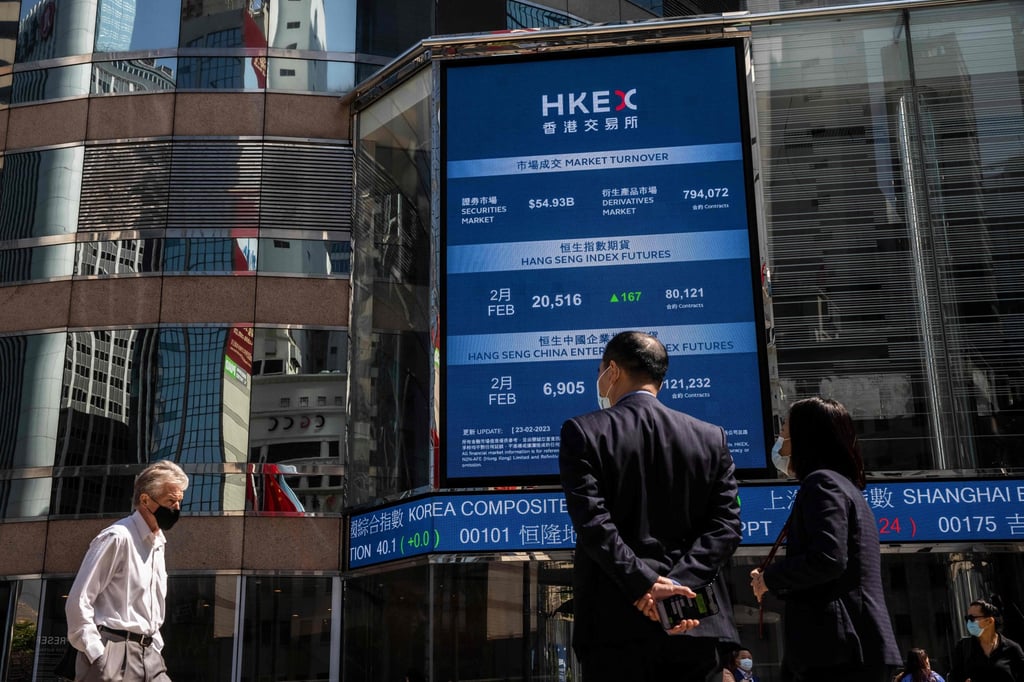Advertisement
Inside Out | Hong Kong’s revival as a global IPO hub faces challenges – and it will be no panacea for the economy
- Both Shanghai and Shenzhen have become leading centres for IPO listings, while Switzerland’s equity market has also emerged as an attractive option for Chinese companies
- As a leading international business hub, Hong Kong’s equity market growth will play an important part in economic recovery. But the city’s entire future doesn’t depend on it
Reading Time:3 minutes
Why you can trust SCMP
2

Last August, a Fortune magazine article asked: “Can Hong Kong’s stock exchange CEO save the city?” The chief executive in question is Nicolas Aguzin, the former J.P. Morgan banker who was appointed to head Hong Kong Exchanges and Clearing (HKEX) almost two years ago.
He has since been energetically globetrotting to promote the future of Hong Kong’s equity market and its role as a listing centre and IPO hub. He has had the support of Chief Executive John Lee Ka-chiu and Financial Secretary Paul Chan Mo-po. After the financially traumatising past few years of the pandemic, there can be no question that our economy needs every bit of help it can get.
As the administration begins the long and difficult task of rebuilding our credibility as Asia’s leading international business hub, dynamic growth of our equity market – and of financial services more broadly – will undoubtedly play an important part.
Advertisement
In reality, Fortune’s question was melodramatic. The stock market is an important contributor to the Hong Kong economy as a component of our financial services sector in general – the entire sector accounts for more than 20 per cent of GDP and about 7.5 per cent of jobs. However, it is nowhere near so critical that our entire future depends on it.
This is probably a good thing. Hong Kong’s economic recovery and the task of strengthening our stock market and its role as a capital-raising hub are likely to be a painfully protracted process.

Our problem is not simply that the Covid-19 lockdown harmed our economy, shut us off from essential global linkages across the financial services sector, and triggered a significant exodus of indispensable financial professionals. Probably more important are external factors such as the US-China trade and technology conflict and the precarious state of financial markets worldwide.
Advertisement
Select Voice
Choose your listening speed
Get through articles 2x faster
1.25x
250 WPM
Slow
Average
Fast
1.25x
